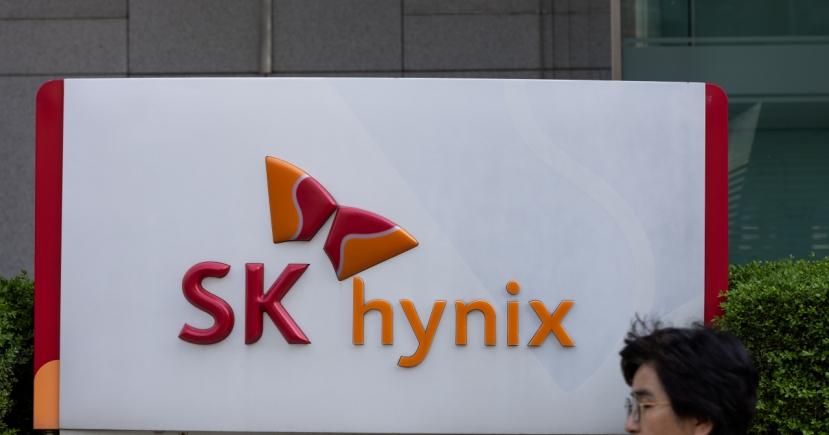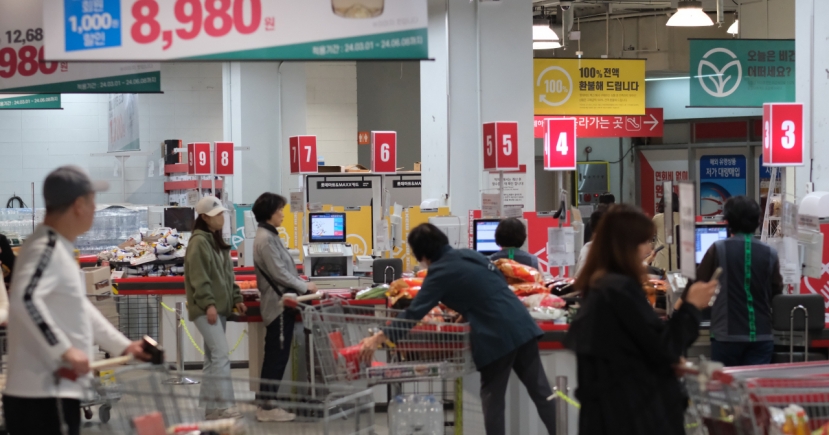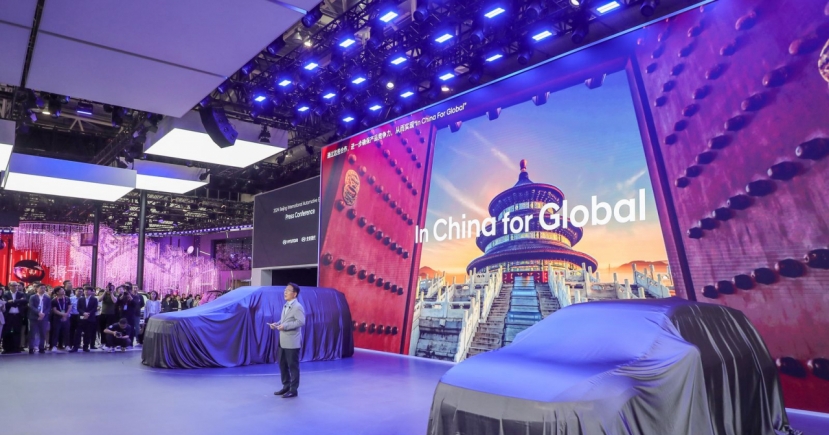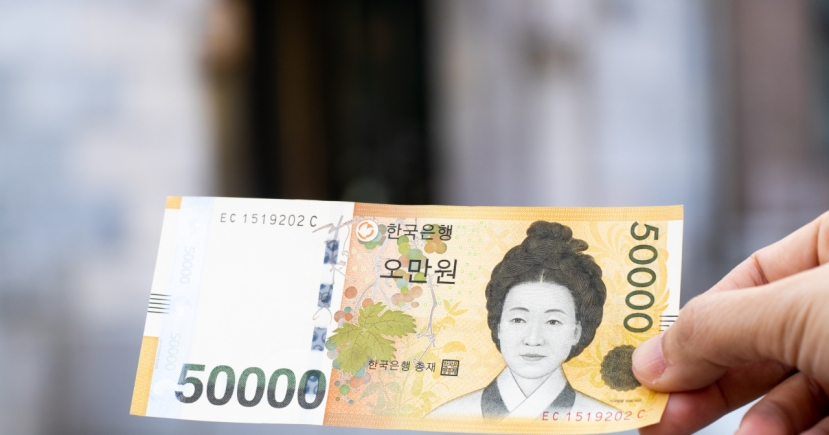Economy
Seek good valuation in China in the midst of G-2 trade war: experts
The first half of the year was depressing for China’s venture capital industry compared to glorious past years.
The number of venture capital deals successfully closed in the first half of this year fell to 1,375 from 2,593 a year prior, while the value of deals declined 66 percent from $59.2 billion in the first half of 2018 to $19.9 billion in the same period this year, data from market research firm Preqin showed.
The poor performance of Chinese companies listed last year has dampened investors’ sentiment.
Hong Kong-listed smartphone maker Xiaomi and Nasdaq-listed electric car maker NIO saw their share prices decreasing by 30 percent and 45 percent, respectively, this year.
Some pointed out that the ongoing trade dispute between the US and China has taken a toll on investors’ confidence level, but others insist this is a good time to find deals in the second-largest economy.
“The valuation used to be too high but it has gone down amid the trade war between China and the US and some Chinese companies are experiencing a cash crunch,” said Jennifer Han, a partner at PwC China who has dealt with more than 400 mergers and acquisitions for South Korean and Chinese companies for 10 years. “Now is a good time to find decent deals in China.”
 |
Peter Mao, a partner at Shanghai-based Panda Capital, agreed. “You want to find good deals with reasonable prices, so VCs are happy these days.”
In addition to the valuation, Han pointed out that the investment environment in China has been improving as Beijing is trying to open up various sectors, including information technology and finance, and reinforce legal protections for intellectual property and technology transfer.
Last year, Beijing shortened its “negative list” for foreign investment that contains restricted and prohibited sectors to 48 from 63.
Han and Mao said there might be good opportunities from startups with new technologies such as artificial intelligence or new-generation network 5G, which enjoys the Chinese government’s tremendous support and help from China’s One Belt One Road initiative. One Belt One Road is China’s ambitious infrastructure and energy development project launched in 2013 that involves $1 trillion and 150 countries.
By Park Ga-young (gypark@heraldcorp.com)






![[KH Explains] Korean shipbuilding stocks rally: Real growth or bubble?](http://res.heraldm.com/phpwas/restmb_idxmake.php?idx=151&simg=/content/image/2024/04/25/20240425050656_0.jpg)
![[Hello India] Hyundai Motor vows to boost 'clean mobility' in India](http://res.heraldm.com/phpwas/restmb_idxmake.php?idx=151&simg=/content/image/2024/04/25/20240425050672_0.jpg)
